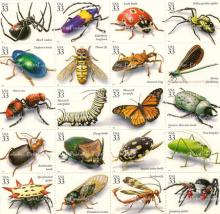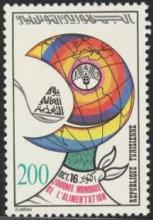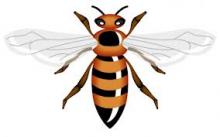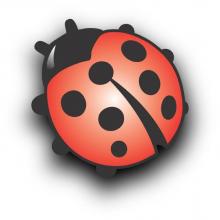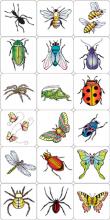
The HBA Convention was held, as in previous years, at Barton Peveril College, Eastleigh, near Southampton on 10th November 2012. Confronting environmental issues 'head on' we had speakers on systemic pesticides, Genetically Modified crops and global warming! With the recently published results of research undertaken in both France and Scotland pointing to detectable effects of sub-lethal levels of systemic insecticides on the nervous systems of pollinators, we were fortunate in having as a speaker Henk Tennekes, an independent toxicologist and one of the founders of http://www.smallbluemarble.org.uk a charity supporting independent research into systemic insecticides, who presented his findings on neonicotinoid insecticides and species decline. ‘His blunt, evidence based presentation was very stimulating and pulled no punches delivering the ‘chilling’ message that neonicotinoids, targeted at insects attacking plants also affected bees and other insects collecting pollen and nectar.’ It was shocking to discover how toxic and persistent these chemicals are and that they are water soluble and leach through soil to affect many arthropods and invertebrate species and so affect a wide range of animals, including humans, higher up ‘the food chain’. ‘Henk’s relevant and thought provoking presentation made a strong impression on all those present and whether or not we agreed with all his conclusions it certainly made one want to learn more about neonicotinoids’. His lecture is attached (The Italian Union of Beekeepers' Associations [Unaapi - Mieliditalia] is distributing this lecture in Italian, see below. Maria Jose Pastor Rodriguez of Unaapi - Mieliditalia prepared a Spanish translation of the lecture, attached). Hampshire BKA has a Proposition before BBKA ACM recommending the notification of neonicotinoid-treated seed sowing to raise awareness and enable monitoring of effects on colony health and mortality. ’We should all take action to make the public aware of this problem’’.


